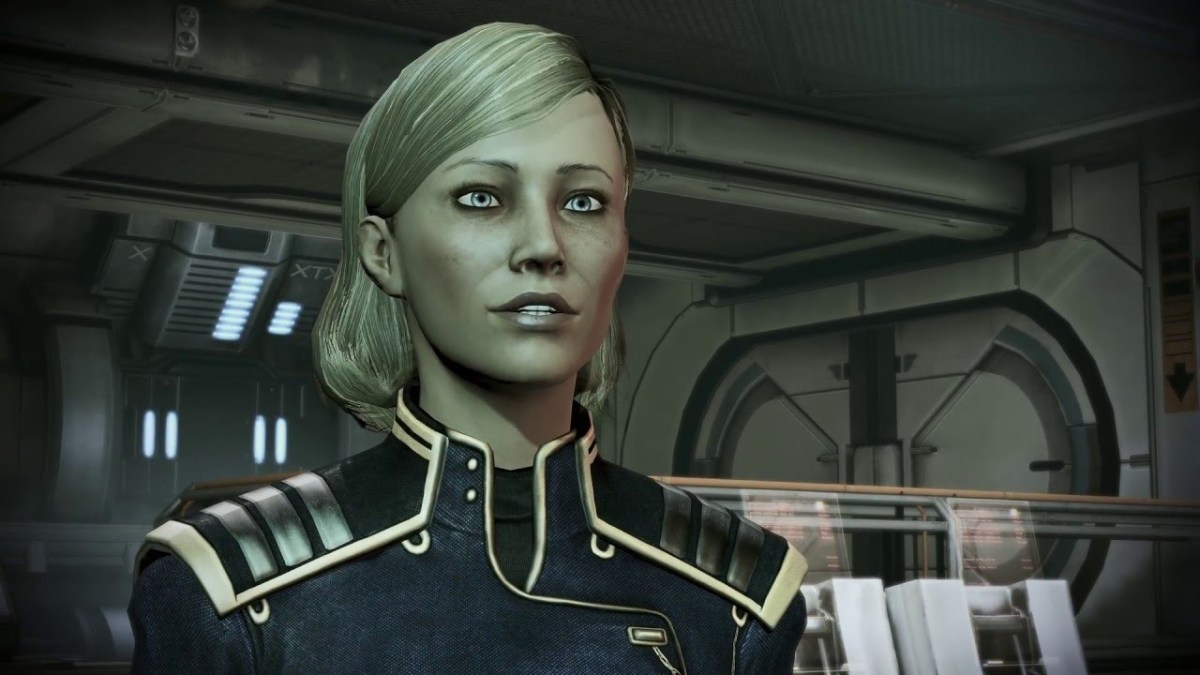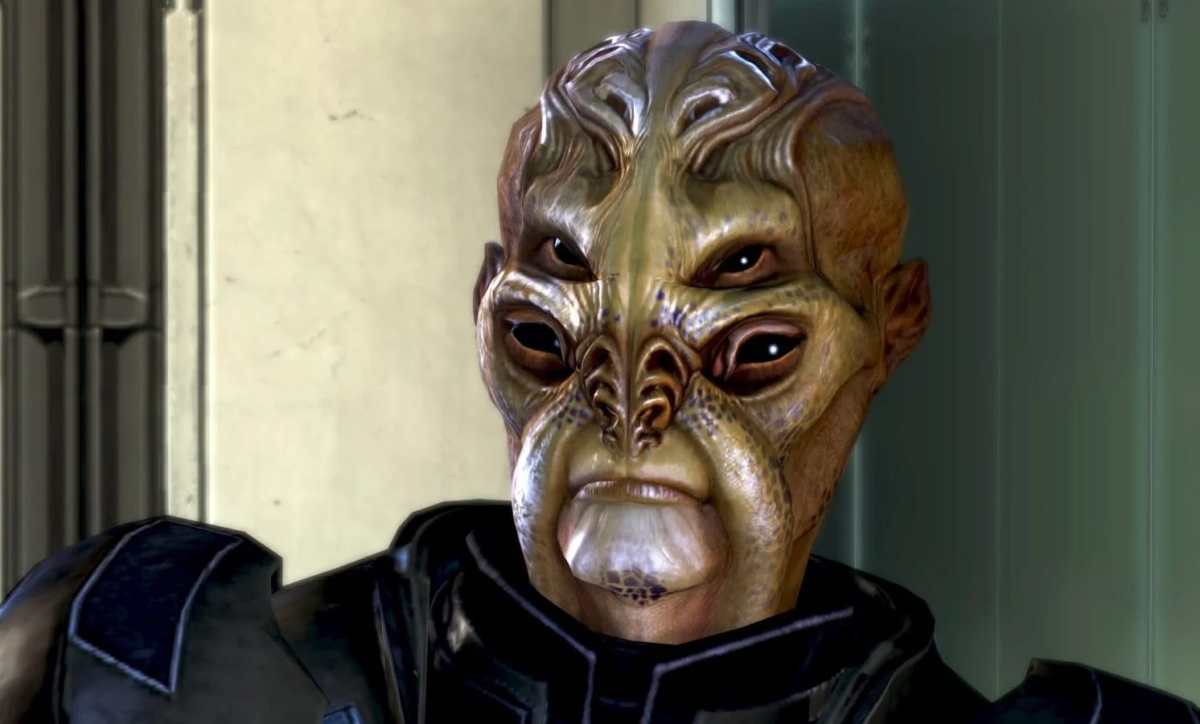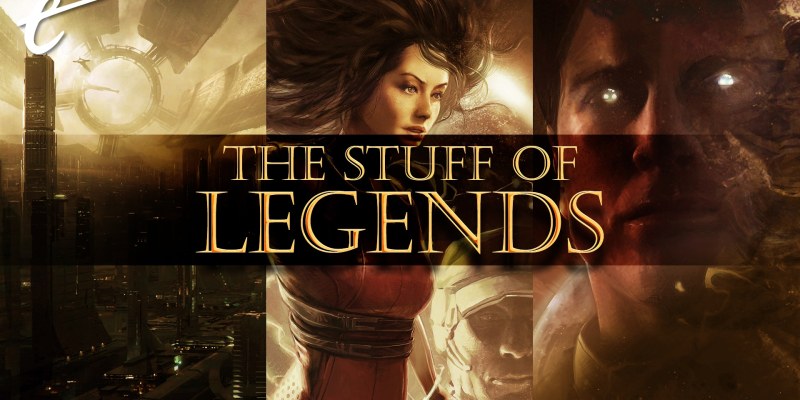Lore discrepancies aren’t anything unusual in extended works of fiction. With dozens, if not hundreds, of people working on the biggest properties, it’s not unusual to find a few missteps. Yet rarely is a work of tie-in media so thoroughly ripped to pieces that there’s effectively a recall and decanonization. Such was the case of the Mass Effect trilogy’s last tie-in novel, Mass Effect: Deception.
Deception was a big deal at the time. The preceding trilogy of novels had delved deep into many questions diehard Mass Effect fans were yearning to have answered, like the falling out between Saren and Admiral Anderson and the Quarian people’s aversion to Cerberus. However, those were all written by the original scribe, Drew Karpyshyn, who had parted ways with developer BioWare after his work on Mass Effect 2. Filling his shoes would be William C. Dietz, a man of considerable experience in the realm of tie-in novels, particularly with the Halo and Resistance series.
You can understand fans’ surprise when, upon opening the epic conclusion to a parallel years-long saga to the main series, they were met with glaring inaccuracies. Batarians, an isolationist slaver race, suddenly were embedded in society, permitting humans on their worlds, and have an active embassy on the Citadel. Volus speak unlike their kind have in any previous story. The indomitable Krogan are suddenly vulnerable to a mere backstab even though their sheer hide and muscles would never allow it. The Turian homeworld of Palaven, one of the most militarized societies in the galaxy, is somehow easily raided by Batarian slavers. The list goes on, literally, for over 15 pages.
Given that Mass Effect: Deception was written in parallel with the then much-anticipated Mass Effect 3, there’s potentially a variety of factors that played into Dietz’s derided novel. It’s possible there simply wasn’t enough time afforded, or the right resources weren’t available. Regardless, the resulting novel is effectively regarded as non-canon by the greater Mass Effect universe as of this writing.

What’s telling is how this seems to have been the case long before the book was published, as even its role as a tie-in novel is tenuous at best. Kai Leng’s role as the Illusive Man’s right hand is a key part of Mass Effect 3, but how he gets there is left conveniently in the dark. Other characters who had been limited to the books like Kahlee Sanders are integrated into Mass Effect 3 but similarly avoid referencing Deception in lieu of previous works. It’s possible the novel was green-lit too late into development to fully acknowledge or that Mass Effect 3’s own rewrites had a hand in matters, but whatever the case, there’s not much connective tissue.
You get the feeling over the course of Mass Effect: Deception that Dietz was handed someone else’s story without much guidance on where to take it other than resolving it in time for the trilogy’s end. This would explain the resulting story being a bleak stalemate, as well as the more personal inconsistencies with several main cast members like one character’s homosexuality and another’s autism vanishing. The big ominous threat that’s supposedly looming as a result of the story’s events never arises in Mass Effect 3.
The surprise real-life plot twist to all of this was that BioWare and Del Rey agreed with fans, publicly apologizing for the book. Originally, it was to be retracted and replaced via a rewrite that would at least better integrate the story into the canon, if not necessarily alter the fate of the cast. Much like Mass Effect 3, there was a glimmer of hope that a redux would help tie everything together a bit better.

Considering the many contradictions, fans expected to wait some time for all the structural reworking required. However, since it’s 2021 and we still haven’t seen a revised draft published nine years later, the canonicity of the book is dubious at best. Most wikis only feature a partial plot summary for the book and its characters before citing the alleged rewrites that never came to fruition. Ultimately, the fan base mustered an annoyed shrug and just moved on, forgetting the novel completely.
However, BioWare hasn’t abandoned novels. Its partnership with Dark Horse has seen them produce a variety of tie-in stories for Mass Effect and Dragon Age; hell, even Anthem got a volume of additional story through their comics. Though Mass Effect: Andromeda had a rough launch, its tie-in novels are well regarded, particularly Annihilation, which answers many fans’ questions regarding the elusive Quarian ark never seen in the game itself due to the cancellation of single-player DLC.
Mass Effect: Deception is noteworthy for being not simply a mediocre tie-in novel, but rather for failing to tie in at all. Dietz has written celebrated tie-in works in the past, so it’s not clear what happened behind the scenes, but the result is obvious and unfortunate. Though there are certain expanded universes large enough to work around a misstep like this, Mass Effect’s tightly wound stories leave far less room for error. It’s clear that Deception was a learning experience for BioWare going forward, so overall, the benefits outweigh the discomfort of Deception’s awkward place in the greater canon. How fortunate that the majority of these tie-ins are so well done — and next time, we’re diving into one of the best in the franchise!
